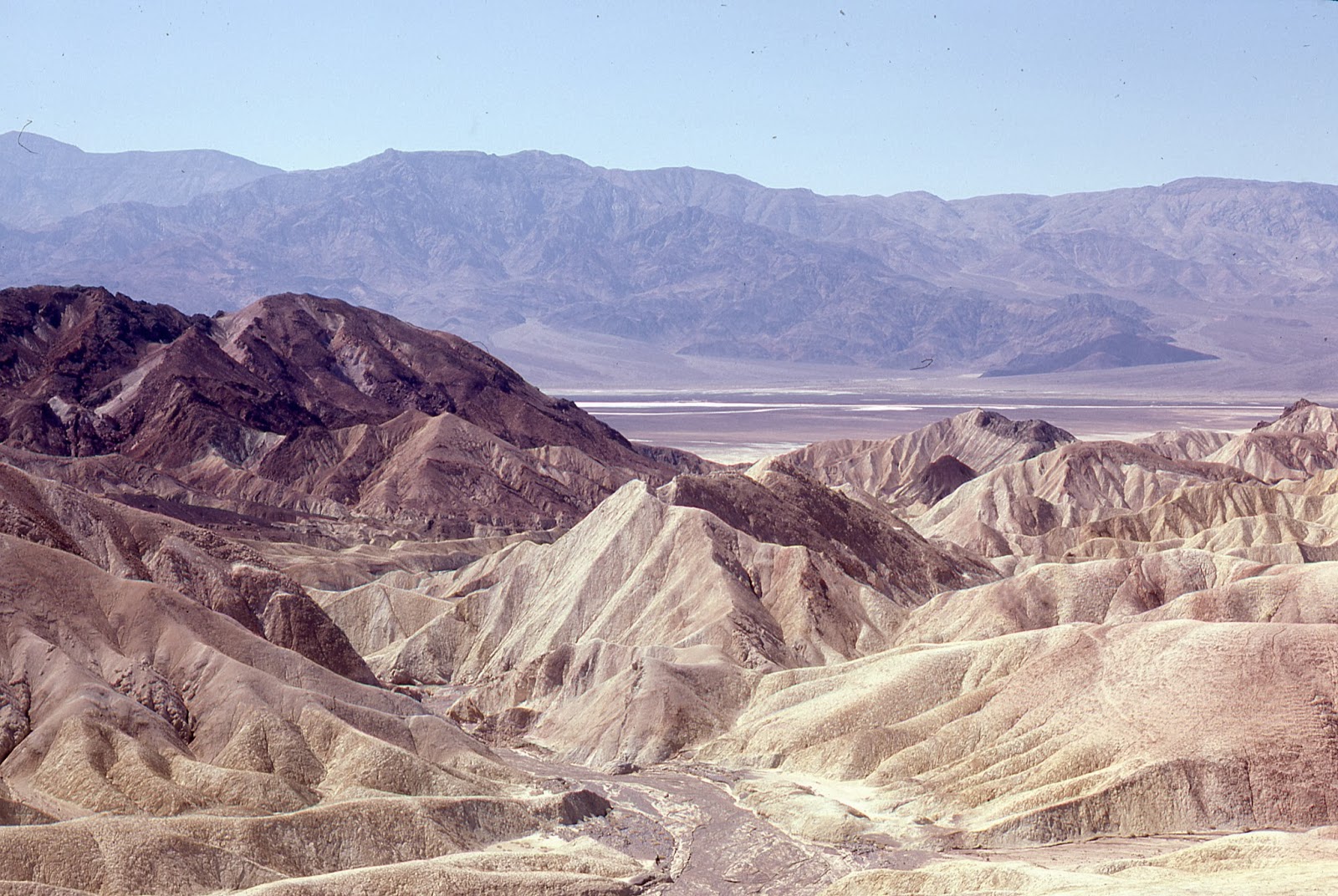Not long ago, a younger colleague asked me to reminisce
about the years I spent wandering around the deserts of southern Nevada and
southeastern California. Questions like
this sometimes make me feel even older than I am. When I think about it, however, I’m now into
my seventh decade and much of what I took part in has become a page in the
history of an exciting story in conservation biology. In fact, for that region of the world, the
period from the late 1970’s to the mid-1980’s were epochal for the dozens of
species of plants, fish, and invertebrates living in the high desert area above
Death Valley know as Ash Meadow.
Even as late as the 1980’s Ash Meadows and the surrounding
area was still pretty wild. I spent the opening
half of that decade working on my first graduate degree at the University of
Nevada, Las Vegas and then working for the University as a Research Associate. There were times when everyone else was busy and
I would take a university vehicle, if one was available, or my own vehicle and,
alone. I would drive northwest of Las Vegas toward what was then called the
Desert Game Range or Ash Meadows or down to the floor of Death Valley or even further
north toward Beatty and the Armargosa River and, on some days, east and then north
to Hiko and Crystal Springs and the White River Country. Pupfish, springfish, and poolfish, and their
habitats…during those years I joined them wherever they were found.

